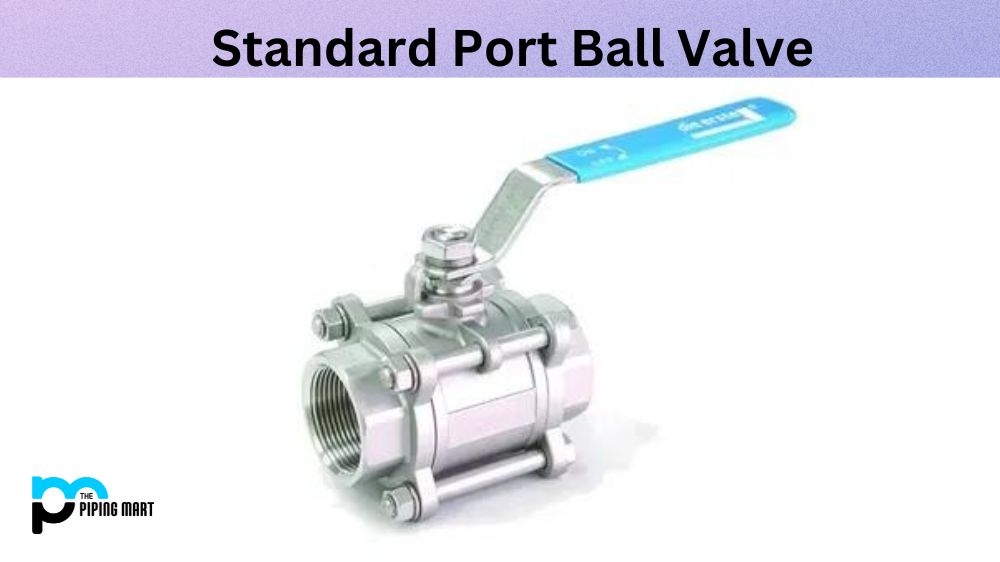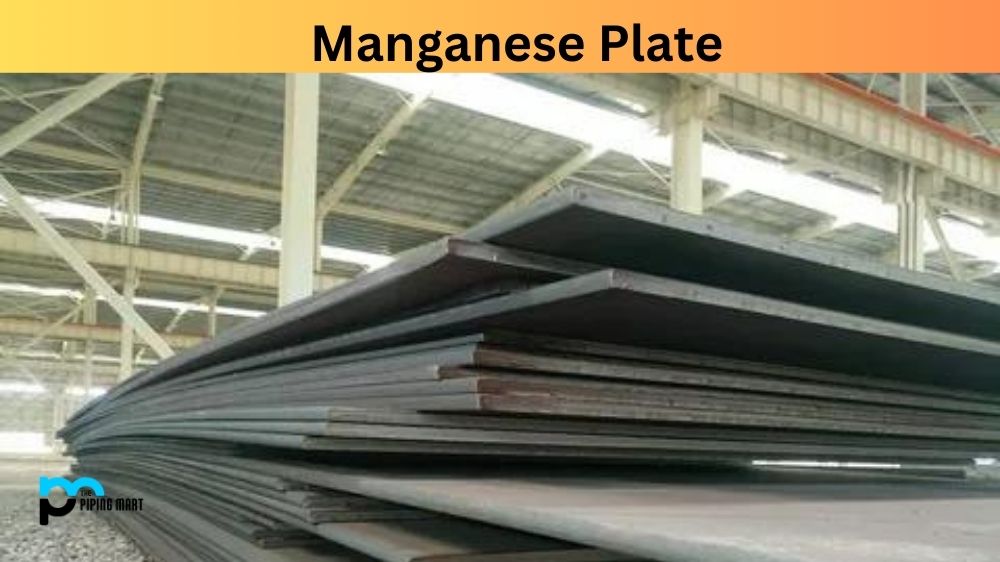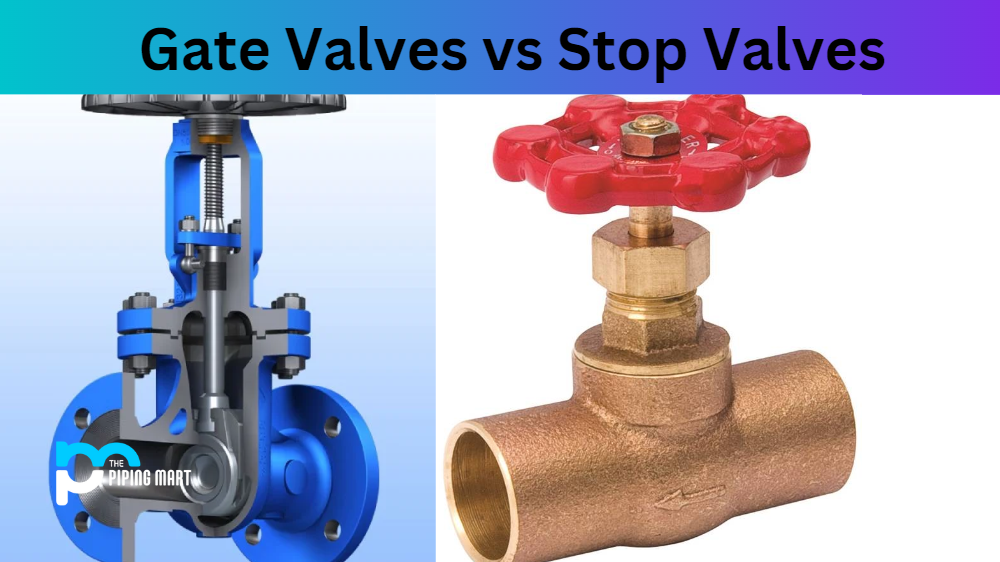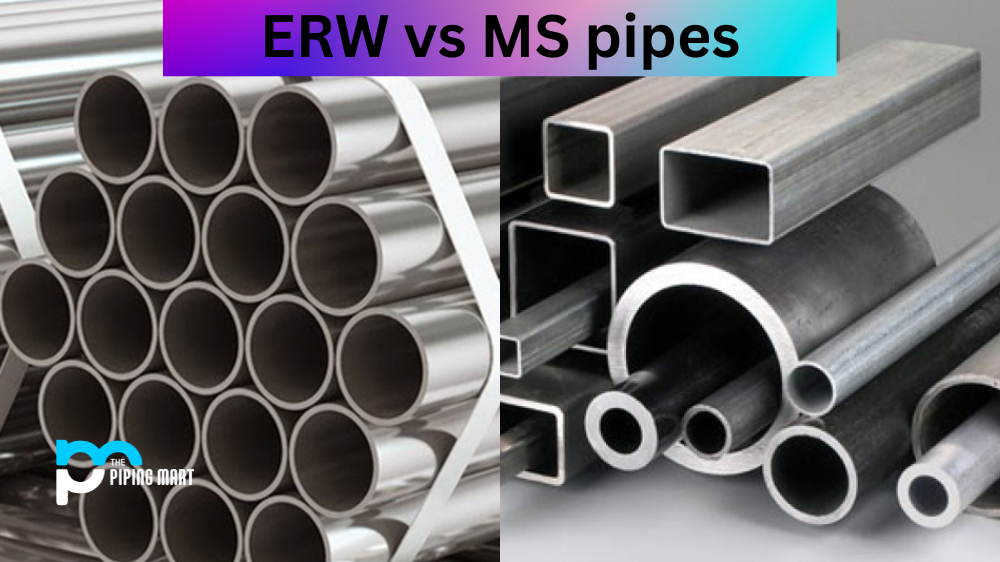When choosing the right valve for your application, many options exist. One of the most popular options is the standard port ball valve. This type of valve is commonly used in various industries, including oil and gas, chemical, and pharmaceuticals. In this blog post, we’ll take a closer look at the advantages and disadvantages of standard port ball valves so you can determine whether or not they are the best choice for your needs.
Advantages of Standard Port Ball Valve
One of the main advantages of a standard port ball valve is its ease of use. This type of valve is very simple to operate, thanks to its quarter-turn design. This means that it can be quickly and easily turned on and off, which is important in applications where time is of the essence. Additionally, standard port ball valves are very reliable and provide excellent shut-off capability, which makes them a great choice for applications that require precise control over fluid flow.
Another advantage of standard port ball valves is their versatility. They can be used in various applications, including corrosive or high-temperature fluids. They are also resistant to abrasion and wear, which makes them a great option for heavy-duty applications. Standard port ball valves are also resistant to contamination, which is important in industries like food and beverage.
Disadvantages of Standard Port Ball Valve
Despite their many benefits, there are also some disadvantages when using standard port ball valves. For example, their compact size can make them more difficult to repair or maintain. They also have a higher torque requirement than other valves, so they may require more energy to operate.
Another disadvantage is their flow capacity. Standard port ball valves have a smaller port size than full port ball valves, which means they can restrict the flow of fluids through the system. This can be a significant issue in applications where high flow rates are required.
Conclusion:
Standard port ball valves are popular for many applications thanks to their ease of use, reliability, and versatility. However, they also come with disadvantages when choosing the right valve for your needs. Ultimately, whether or not to use a standard port ball valve will depend on various factors, including the specific application, fluid type, and flow rate requirements. As always, it’s important to work with a qualified valve supplier who can help you evaluate your options and choose the best suited for your unique needs.

Abhishek is a seasoned blogger and industry expert, sharing his insights and knowledge on various topics. With his research, Abhishek offers valuable insights and tips for professionals and enthusiasts. Follow him for expert advice on the latest trends and developments in the metal industry.




